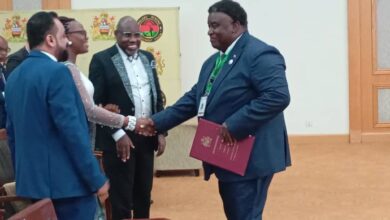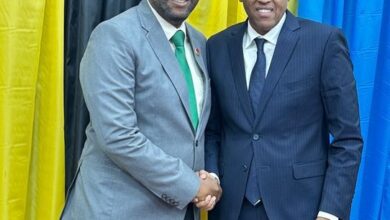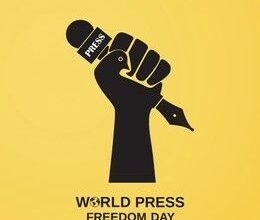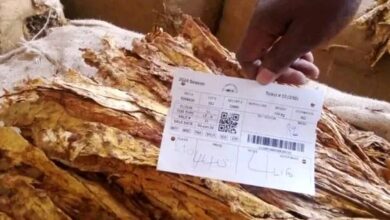Columns
Chakwera: A profile of promise, performance, and public sentiment ahead of Malawi’s 2025 polls
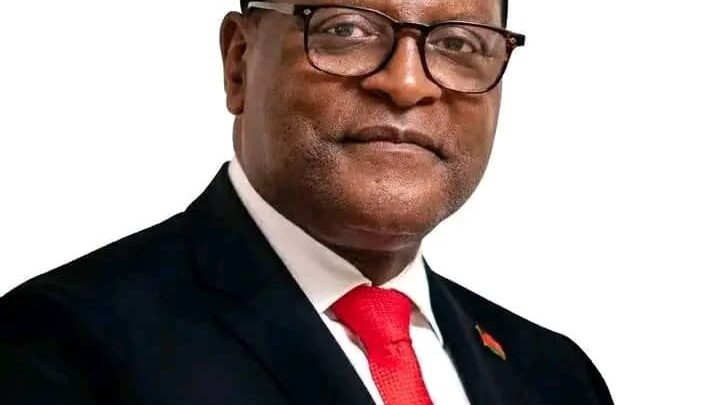
By Burnett Munthali
As Malawi heads toward the highly anticipated presidential elections scheduled for September 16, 2025, all eyes are once again on President Lazarus McCarthy Chakwera—an incumbent seeking re-election amid a complex legacy of leadership.
Lazarus Chakwera was born on April 5, 1955, in Lilongwe, the capital city of Malawi.
He grew up in a deeply religious household, a background that would later shape his career and personal philosophy.
Chakwera pursued his early education in Malawi before advancing his theological studies abroad.
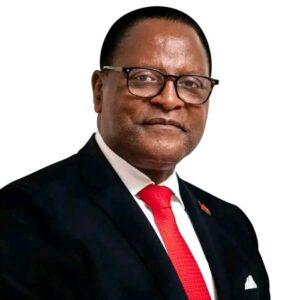
He obtained a Bachelor of Arts in Philosophy from the University of Malawi and later earned a Master’s degree in Theology from the University of South Africa.
He furthered his studies in the United States, obtaining a doctorate in Ministry from Trinity International University in Illinois.
Before joining frontline politics, Chakwera was a prominent figure in Malawi’s religious landscape.
For nearly 24 years, he served as President of the Malawi Assemblies of God Church, one of the largest Pentecostal churches in the country.
His leadership in the church was marked by expansion, modernization, and a focus on moral governance, principles he later carried into his political career.
In 2013, Chakwera made a dramatic transition from the pulpit to politics by joining the Malawi Congress Party (MCP), which had ruled Malawi under a one-party system from independence in 1964 until 1994.
He was elected MCP president the same year, signaling a new chapter for the party which had been in opposition for nearly two decades.
Chakwera contested in the 2014 presidential elections but lost to Peter Mutharika.
He remained active in opposition politics, strengthening his base and pushing for institutional reforms.
In the 2019 elections, Chakwera ran again and finished second in a contested election that was later annulled by the Constitutional Court due to widespread irregularities.
He teamed up with UTM’s Saulos Chilima under the banner of the Tonse Alliance, and in the court-ordered fresh elections held in June 2020, he emerged victorious.
Since assuming office in 2020, Chakwera has held the highest executive position in Malawi—Commander-in-Chief of the Defence Forces and Head of State.
His tenure has been marked by both ambitious reforms and significant challenges.
Chakwera entered office on the promise of creating one million jobs, ending corruption, and rebuilding public trust in government.
In his first year, he announced an austerity drive, slashed his own salary, and spoke boldly against nepotism and tribalism in public appointments.
He championed civil service reform and pledged to increase transparency and accountability in the use of public resources.
However, critics argue that Chakwera’s administration has often failed to live up to its promises.
Job creation has not materialized at the expected scale, with unemployment and underemployment still widespread, especially among the youth.
Corruption scandals have rocked his administration, leading to the arrest of several senior officials, including ministers and presidential aides.
While Chakwera has been praised for allowing law enforcement agencies to operate independently, critics say he has been slow to act and inconsistent in punishing wrongdoing within his own party.
On the economic front, Malawi has faced significant hurdles under his leadership.
The COVID-19 pandemic, coupled with global economic disruptions, pushed the country into deeper debt and inflation.
The cost of living has skyrocketed, with fuel shortages, food insecurity, and power outages becoming frequent sources of public frustration.
Nevertheless, Chakwera has made visible strides in diplomacy and international relations.
He has represented Malawi at major global platforms, securing international aid and reaffirming Malawi’s commitment to democratic governance and climate action.
He also launched the Mega Farm Initiative and supported youth empowerment through initiatives in agriculture and innovation.
Chakwera’s track record is thus mixed—characterized by a strong moral vision and institutional reforms, but hampered by slow economic recovery, recurring corruption cases, and unfulfilled campaign promises.
As the 2025 elections approach, the big question is: how popular is President Chakwera among voters?
Public opinion is divided.
Some Malawians continue to support Chakwera, citing his decency, respect for rule of law, and long-term vision for the country.
Others express disappointment, feeling betrayed by unmet expectations and worsening economic conditions.
The MCP’s base in the Central Region remains loyal, but discontent is growing in other parts of the country, especially among urban voters and the youth.
Chakwera’s ability to unify the Tonse Alliance, address economic frustrations, and demonstrate real, measurable change in the coming months will be critical in determining his electability.
Ultimately, Lazarus Chakwera stands at a crossroads—his leadership is defined by integrity and democratic reform, but its survival depends on delivery and results.
Whether he earns a second term will hinge on his capacity to convert promises into tangible progress for the average Malawian.
With the clock ticking toward September 16, 2025, his campaign will need to resonate with a population increasingly impatient for change.



